 |
Center for Nonlinear Studies |
The primary activity of the Center is conduct and support
basic scientific research in nonlinear and complex systems
phenomena and promote their use in applied research programs.
CNLS chooses a small number (three to four) focus topics periodically and directs a major portion of its research capabilities into these strategically important areas. The focus areas are determined by the Executive Committee, and they are chosen by taking into consideration both the Laboratory's needs for basic science relevant to mission-critical programs and the need to stay abreast of emerging and potentially important developments in complex systems research.
Mechanistic Studies of Human Disease
|
Optimization and Physics Inspired Machine Learning Approaches
|
The Dynamics of Systems Far From Equilibrium
|
Theory and Computation on Quantum Systems
|
 Multiscale Dynamics of Biological Systems
Multiscale Dynamics of Biological Systems
|
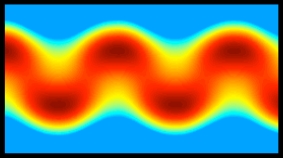 Correlations and Dynamics in Information Science
Correlations and Dynamics in Information Science
|
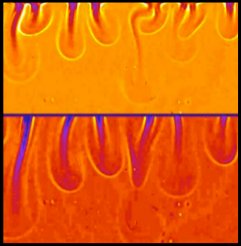 Bridging Equilibrium and Non-Equilibrium Statistical Physics
Bridging Equilibrium and Non-Equilibrium Statistical Physics
|
 Quantum Science: From Information to Materials
Quantum Science: From Information to Materials
|
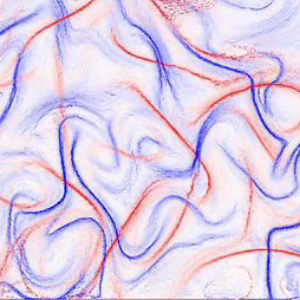 Multiscale Modeling of Strongly Coupled Systems
Multiscale Modeling of Strongly Coupled Systems
|
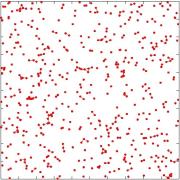 Statistical Physics of Networks, Information and Complex Systems
Statistical Physics of Networks, Information and Complex Systems
|
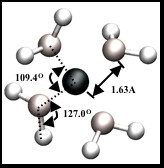 Complex Biological and Bio-inspired Systems
Complex Biological and Bio-inspired Systems
|
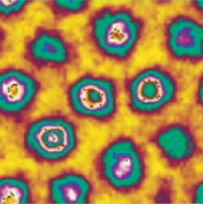 New and Enhanced Capabilities in Quantum Information Processing
|
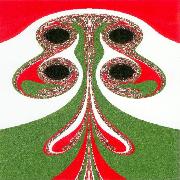 Nonlinear Behavior in Complex Systems
Nonlinear Behavior in Complex Systems
|
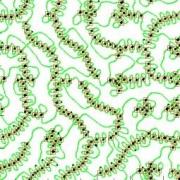 Cooperative Phenomena in Soft Matter
Cooperative Phenomena in Soft Matter
|
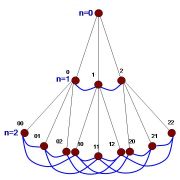 Dynamics of Complex Networks: Biology, Information and Security
Dynamics of Complex Networks: Biology, Information and Security
|
| Operated by the Triad National Security, LLC
for the National Nuclear Security Administration
of the US Department of Energy. Copyright © 2003 LANS, LLC | Disclaimer/Privacy |